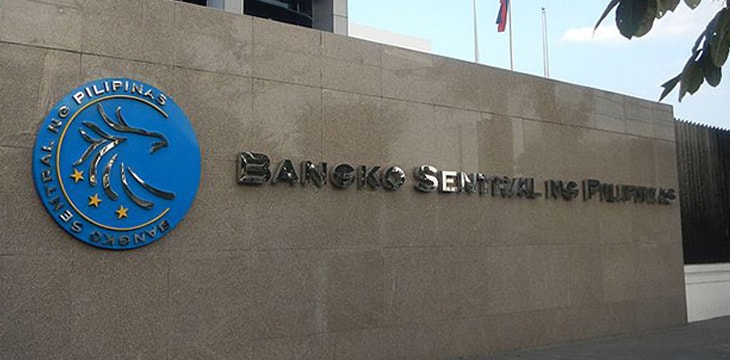|
Getting your Trinity Audio player ready...
|
The central bank of the Philippines is preparing a new framework for digital banking, in a move that could lead to more digital banks being established in the country.
The Bangko Sentral ng Pilipinas is set to publish a circular on the framework later this month, according to comments by deputy governor Chuchi Fonacier to Philippine Daily Inquirer.
The move coincides with developments around the Virtual Banking Act, which some lawmakers hope will pass into domestic law before the end of 2020.
The bill goes further than the central bank circular in the rules imposed on digital banks, including setting a significantly higher minimum capitalization requirement of PHP20 billion (US$411.31 million) raised within four years.
The act would also limit the central bank to authorizing just five digital banks over five years. Foreign ownership limits would be increased over current proposals from a maximum of 40% to a maximum of 70%.
Joey Salceda, representative of Albay’s 2nd District in the House of Representatives, said the law was designed to support the emerging digital banking industry, in particular by encouraging expertise from around the world.
“As for openness to foreign equity, we generally want more foreign participation, especially at the initial stages, since we want to absorb financial technology developed from elsewhere. This is a new industry and an industry where we have limited domestic know-how, so the more we can learn from others, the better.”
The developments come at a time of a nationwide push towards fintech in the Philippines, similar with other regional economies. Singapore, Malaysia and Hong Kong have already developed their own schemes for licensing digital banks. The Philippine central bank recently tasked a committee to study the feasibility of central bank digital currency (CBDC) as well as its policy implications.
As recently as 2017, some 34.5% of Filipinos were unbanked, without access to a bank account. However, with just under 60% owning a smartphone, and over 70% having access to the internet, the Philippines stands to benefit from the growth of its fintech sector.

 02-25-2026
02-25-2026 




